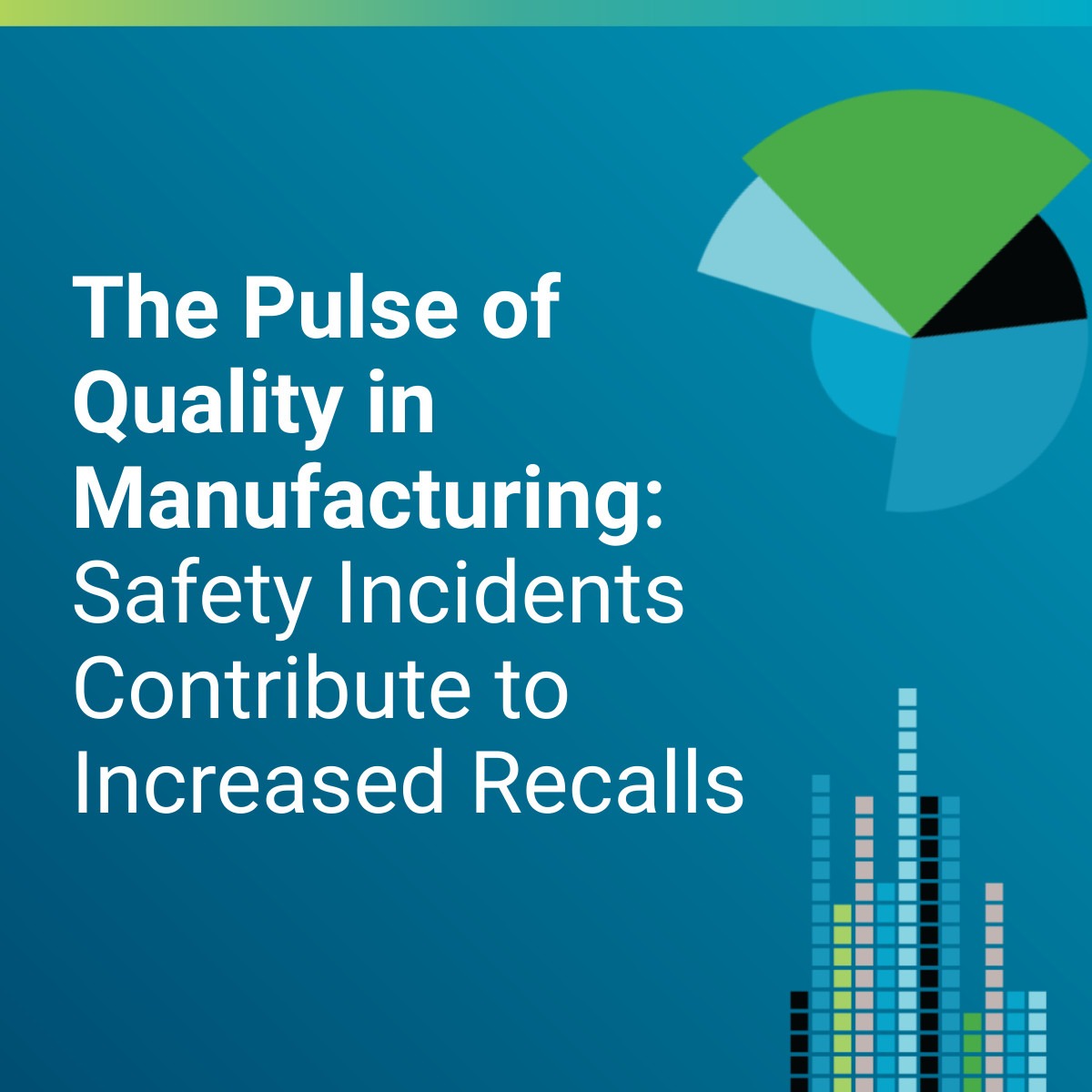We often hear, a picture is worth a thousand words, but we forget that a word is worth a thousand feelings. In just one word you can capture many different emotions, aspects, and memories. Take for example the word boat: maybe we remember that first time we went fishing with a family member or that time that seasickness ruined last year’s cruise. The emotions captured by a word depend greatly on our experiences and memories the word conjures.
For most of us we can agree the word “audit” brings a mix of emotions. For some of us we feel a little dread, others might feel annoyance or boredom, a very small – and weird — percentage of us (hand raised!) feel excitement about hosting an audit. Whether the idea of hosting an audit is terrifying or annoying, there are simple ways you can prepare to host a successful quality audit and ensure happy memories for you and your organization.
1. Know Your Auditor
Before hosting an audit always be sure to know your audience. Audits can be performed by customers, government regulators, notified bodies or your own staff. In each case understanding each of these personas will help you better prepare.
For example, a customer that is auditing you as part of your Quality Agreement may send one of their personnel or third-party contract auditor. Contract auditors are more likely to look for as many nonconformities as possible in order to prove their worth to their client. Customer personnel, however, will be especially interested in the processes and products and may have more technical lines of questioning.
2. Do a Pre-Audit Walkthrough
It is always worth taking the time to walk through the facilities that will be audited. If you as a host, are already in the production area regularly it is still valuable to go through the space with an auditor’s eye and see if there are any things that stand out.
Do what an auditor would do: look at all the equipment labels, check documentation that is in use and ensure everything is in its proper place. After the walkthrough send a note to the area supervisor with any suggestions or issues found that must be resolved. This will save you a few potential observations and help you feel comfortable during the audit.
3. Train Your Participants for the Quality Audit
If the audit you’re hosting will include multiple participants, prepare a standard training on best practices for audit preparation. This training should include best practices for answering audit questions, interacting with an auditor in a polite, professional way, and guidance on how to explain technical topics to non-technical auditors.
Over time you will identify the key personnel from each function that are best at participating in audits. These teammates will become your “go to” representatives for audits and the best representatives of your organization.
4. Know Your Weaknesses
Most good auditors follow a process for conducting their audits. One approach is to review processes and look for “threads” to follow. It may start with the examination of a training record and the revelation that an operator was not trained on a certain procedure on time. This often leads the auditor to ask to see the batch records for the run in which the operator participated. The auditor may then find that this batch was part of a validation of a new piece of equipment, which then leads her to review the validation package itself and find that, perhaps, key documents are missing. And the cycle of thread-pulling will continue from there.
Even the best organizations have weak areas. There are two ways to deal with high-risk areas. The first way is to openly address them with the auditor at the opening meeting. Most auditors respond favorably to transparent and authentic communication. The second way is to ensure that these high-risk areas stay outside of the path of one of the threads an auditor can pull. This is not impossible, but it does require careful planning and thought on your part.
5. Make Audit Readiness Part of Your Quality Culture
“Always audit ready” is an important, if overstated, catchphrase in the quality space. For organizations that host 40 customer audits, regular internal audits, and at least one regulatory audit per year being “always audit ready” is a matter of frequency. For organizations that host fewer audits, adopting this attitude will help nurture a quality culture and drive home the notion that almost every aspect of every role could one day be scrutinized by an auditor.
The word audit may never bring warm and fuzzy feelings. However, by implementing these five recommendations you will start to build positive memories associated with the word “audit.” With this attitude you’ll be ready to embrace your next audit as a positive opportunity for continuous improvement in your organization.
If you’re looking to enhance your organization’s continuous improvement and make quality audits easier, our experts can guide you in leveraging a cloud-based quality management software. Reach out to us to find out how.


